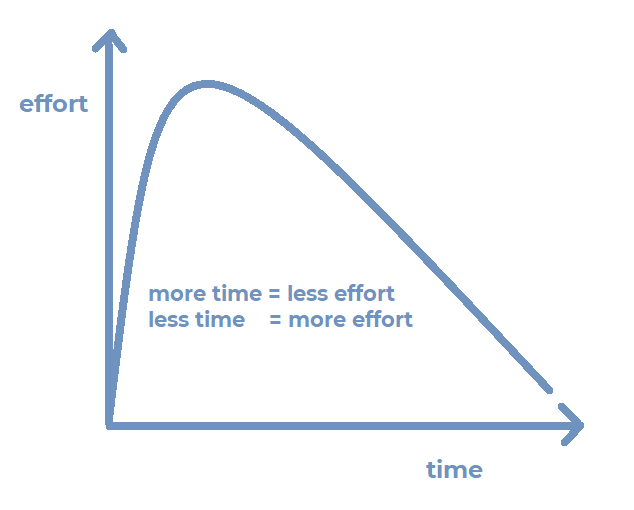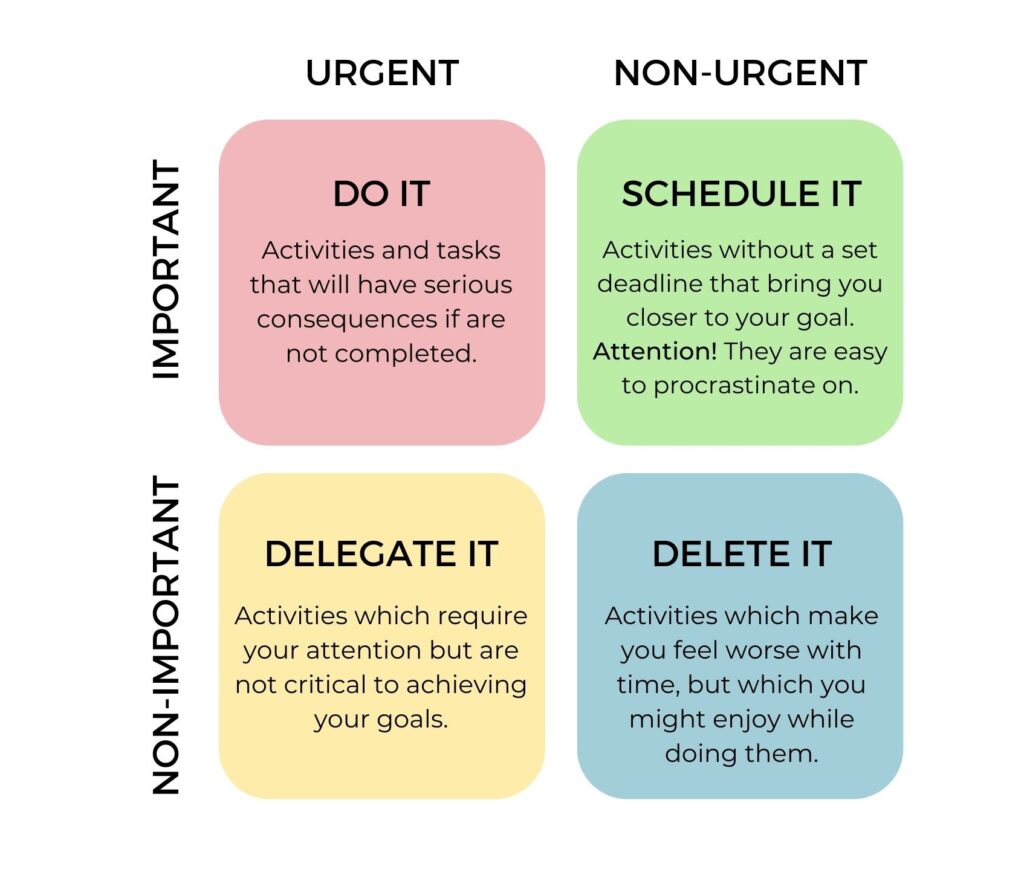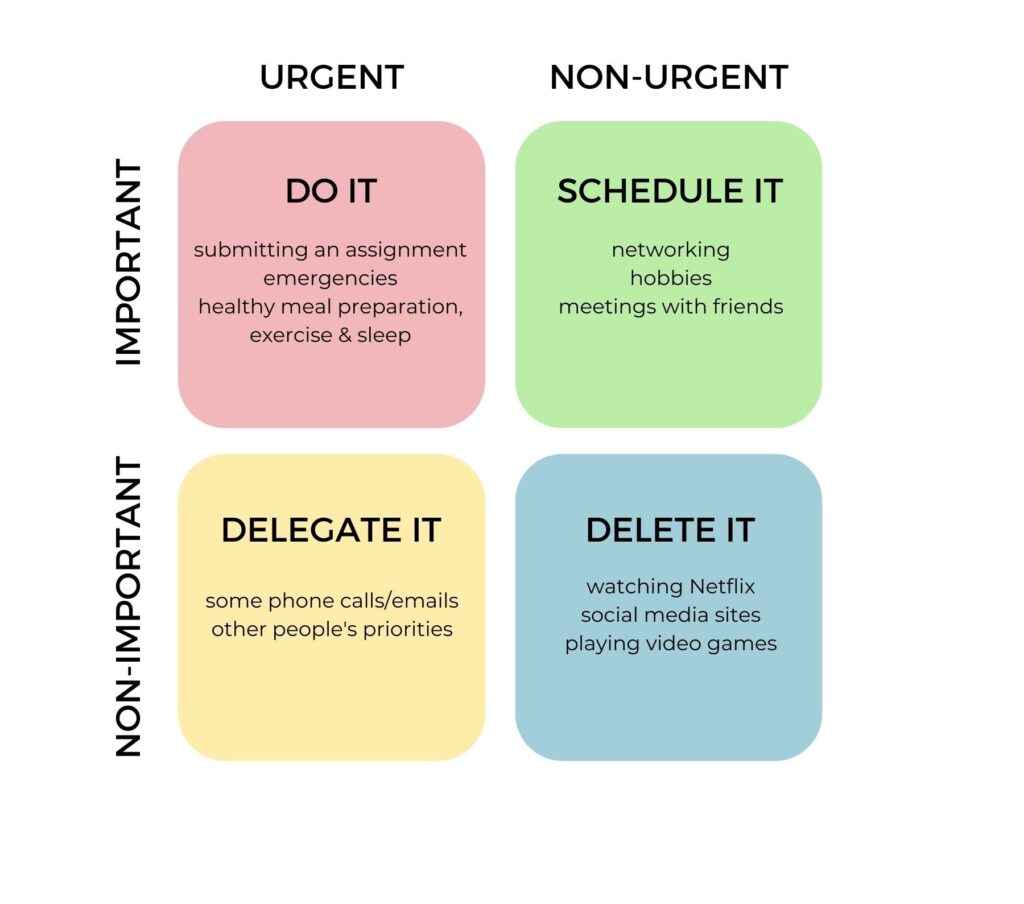Being a student comes with a lot of benefits, but it also means challenges. Many international students embarking on their educational journey in the UK fall victims to a common assumption that studying in the UK is practically the same as in their home country, just the landscape and the language are different. However, it’s not that simple. Why? Because the education system in English-speaking countries is process-oriented, while in most other countries it is procedure-oriented (Bartram and Bailey, 2009). In short, students in English speaking countries are expected to conduct research, engage in extra-curricular activities, sharpen their critical thinking skills, work on their own and in groups more than in their home countries. As a result, their timetables are often less busy than what they would expect with fewer lectures and seminars, however, with more time that they need to allocate for self-study and personal growth. And this is where many international students fail. They fail in managing their time and self- organisation.
Rocks, pebbles and sand
‘Rocks, pebbles and sand’ is an analogy that helps to capture a relationship between time and daily tasks, projects, and other activities. An empty jar symbolizes time, while rocks, pebbles and sand represent all sorts of activities that occupy our mind. The jar can be filled with rocks, pebbles and sand successfully only if rocks come first, simply because rocks represent the most important projects in our lives such as family, relationships, health, work or studies. Pebbles tend to represent hobbies, passion projects or self-development activities, while sand is what carries the least amount of importance; for example, watching TV series. This analogy can be successfully applied by professionals and students. In a student’s life, rocks represent attending lectures, seminars, doing library research, taking care of physical health (sleep and food preparation), spirituality (mediation and / or prayer), mental health. Pebbles represent less significant activities that are performed every other day or week such as student union rep meetings or passion projects. Finally, sand tends to represent all other activities such as watching TV, scrolling through social media sites or online shopping, any of which can be done on a bus, tram or while waiting for a friend at a cafe. This simple analogy helps to reflect on daily performance and encourages us to take action and perhaps reorganize timetables.

Listen to my podcast about this analogy with more examples here
Priority Matrix, i.e. the Eisenhower Matrix

With busy work / study timetables and personal commitments, it might turn out that there are more than two or three rocks a day or in a week, and that perhaps, there is already very little room left for pebbles or sand. In order to achieve a greater sense of time management and self-organisation, it is beneficial to familiarize yourself with the Eisenhower Matrix, known also as the Priority Matrix (The Economist, 2022). Dwight Eisenhower was the 34th president of the United States from 1953 to 1961 and the author of the tool that was first designed for professionals and now is used by students as well. The matrix divides the tasks whether they are important and urgent (Do it), important and non-urgent (Schedule it), urgent and non-important (Delegate it), and non-urgent and non-important (Delete it). As a result, we gain clarity on what tasks we should continue, which can be done later, which can be delegated, and which should never be done.
Consider the following explanations with examples — download the guide here
The Parkinson’s Law
The Parkinson’s Law states that the work “work expands so as to fill the time available for its completion” (Parkinson, 1942). In other words, if you allocate e.g., 8 hours to complete a task, the task will increase in complexity and as a result, it will become daunting and difficult. The complexity of the task does not necessity mean adding extra elements to it, but filling time with non-necessary activities. The same task can be presumably finished in half of the time, but it will require more focus and attention. It is necessary to admit that this law can be difficult to apply to all the situations at work or university, but at least, it gives an idea and again, helps to reflect on productivity and so-called sand activities that slow down the process of task completion.

Becoming aware of the Parkinson’s Law can help with again reflecting on your productivity and can help you consciously approach tasks and allocate the time needed for their completion. As a result, you work faster, you take more regular breaks, and you don’t feel exhausted at the end of the day.
What are the benefits of time management and self-organisation?
It is rather obvious that better time management and self-organisation comes with a myriad of benefits. Some of the are evident, for example:
- Less overwhelm
- Less stress
- Less guilt
However, it is also important to acknowledge that with better time management and self-organisation tools, we also benefit from:
- More clarity
- More confidence
- More calm
- More creativity
- More courage
How to hold yourself accountable?
Despite the amount of research on time management and self-organisation, students and professionals experience low levels of productivity, leading to burnout and sometimes depression.
Many argue that with an increase in projects, meetings, time management tools do not work. In order to notice even a small change in a daily routine, it is not enough to read about theories, but it is crucial to apply them. At this stage, there is also going to be a group of those, who would try to put those strategies into practice but again would not see any results. The answer to this problem is consistency and accountability. As one of my mentors says, ‘The final mile is the least busy and accountability bread confidence’.
To summaries, university students (and professionals alike) need to learn (or at least begin) to control their own time. Otherwise, there is always going to be something more important or someone with stronger time-management skills, who will take care of accomplishing their own tasks, not yours, leaving you behind your schedule.
References:
Bartram, B. and Bailey, C. (2009) ‘Different students, same difference?: A comparison of UK and international students’ understandings of `effective teaching’’, Active Learning in Higher Education, 10(2), pp. 172–184. doi: 10.1177/1469787409104903.
Falconer, L. (2022) How to Use Parkinson’s Law to Get More Done in Less Time. Lifehack. <https://www.lifehack.org/articles/featured/how-to-use-parkinsons-law-to-your-advantage.html> [Accessed 4.10.2022]
The Economist (2022) Parkinson’s Law. Nov 25, 1952 (Archive)


